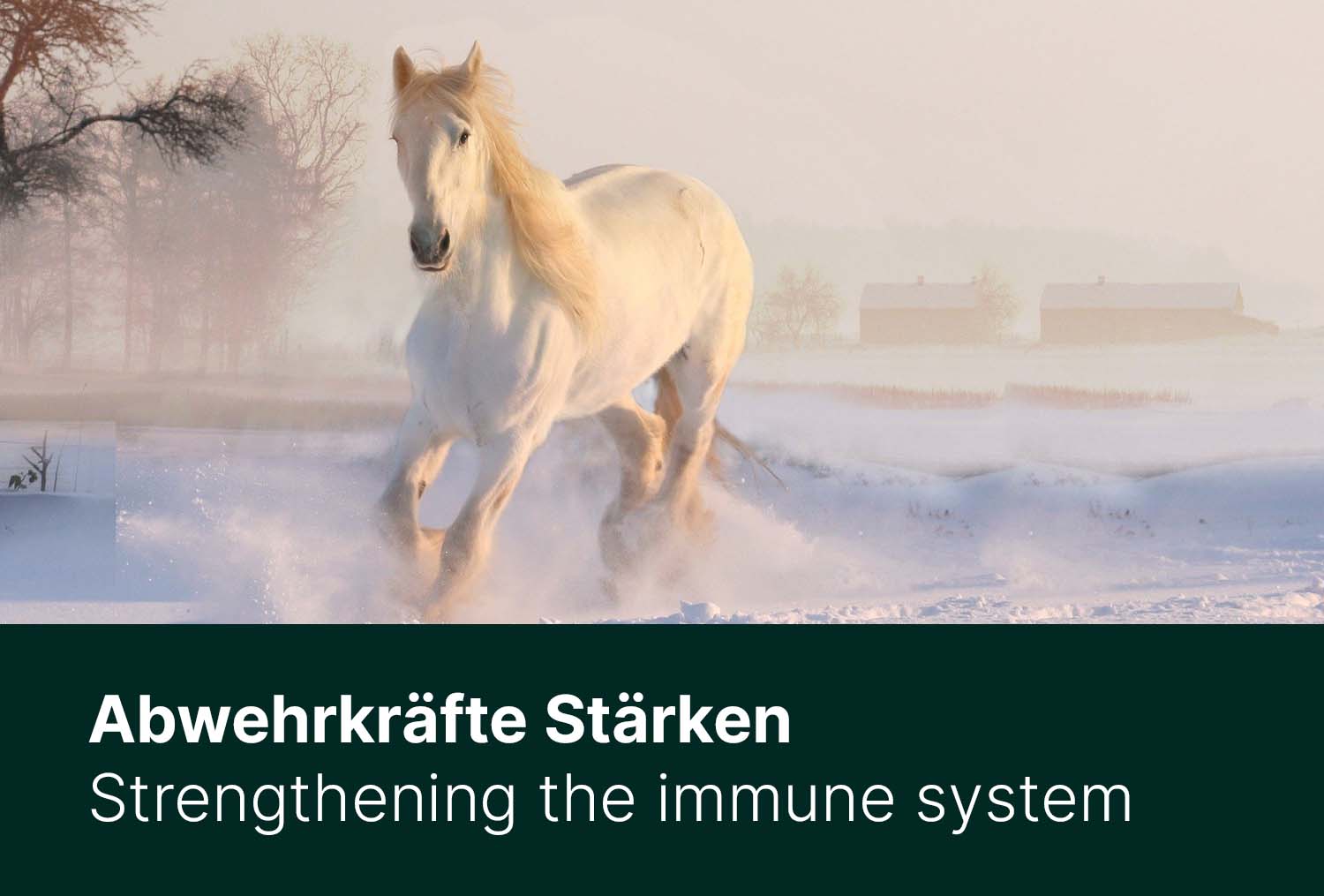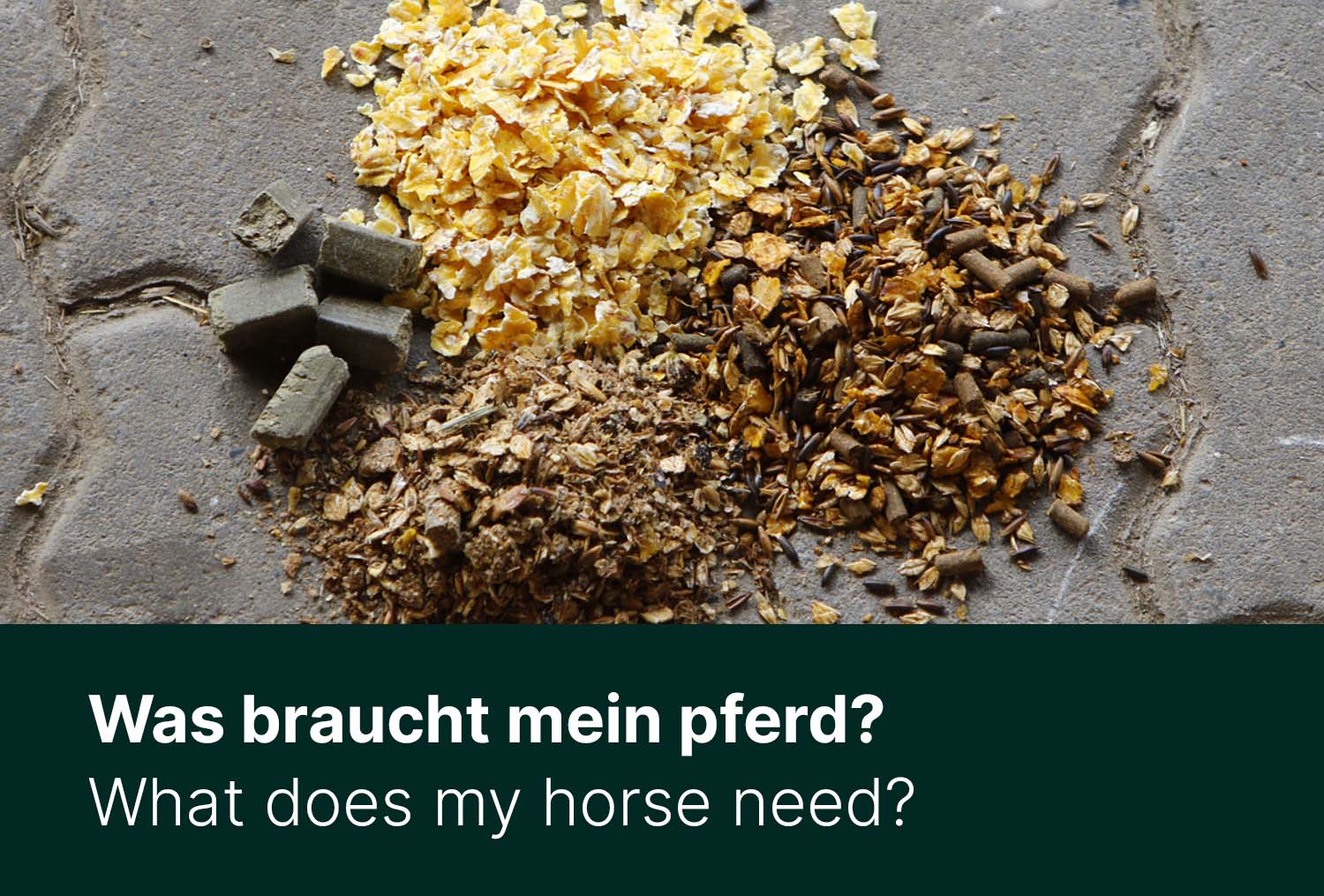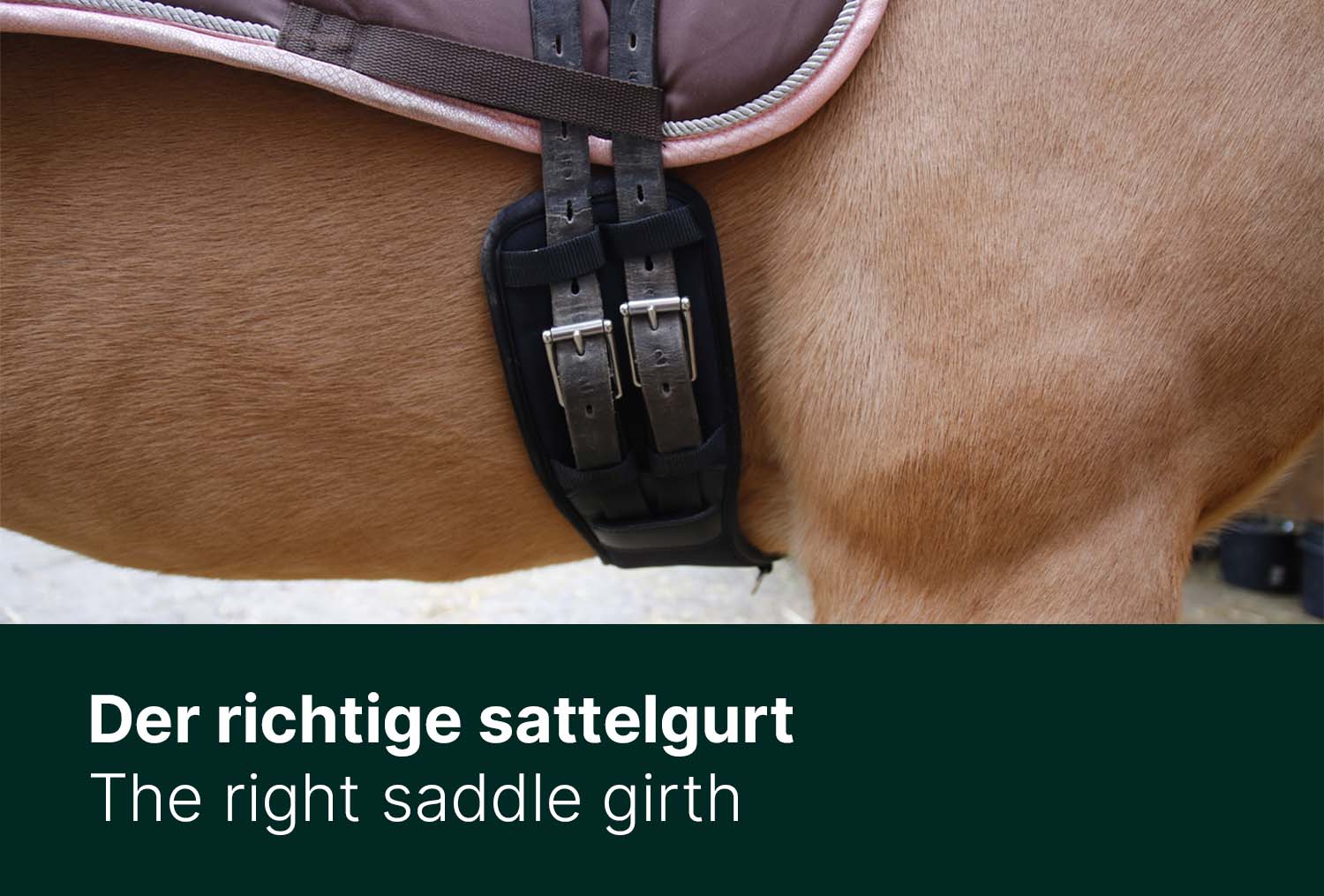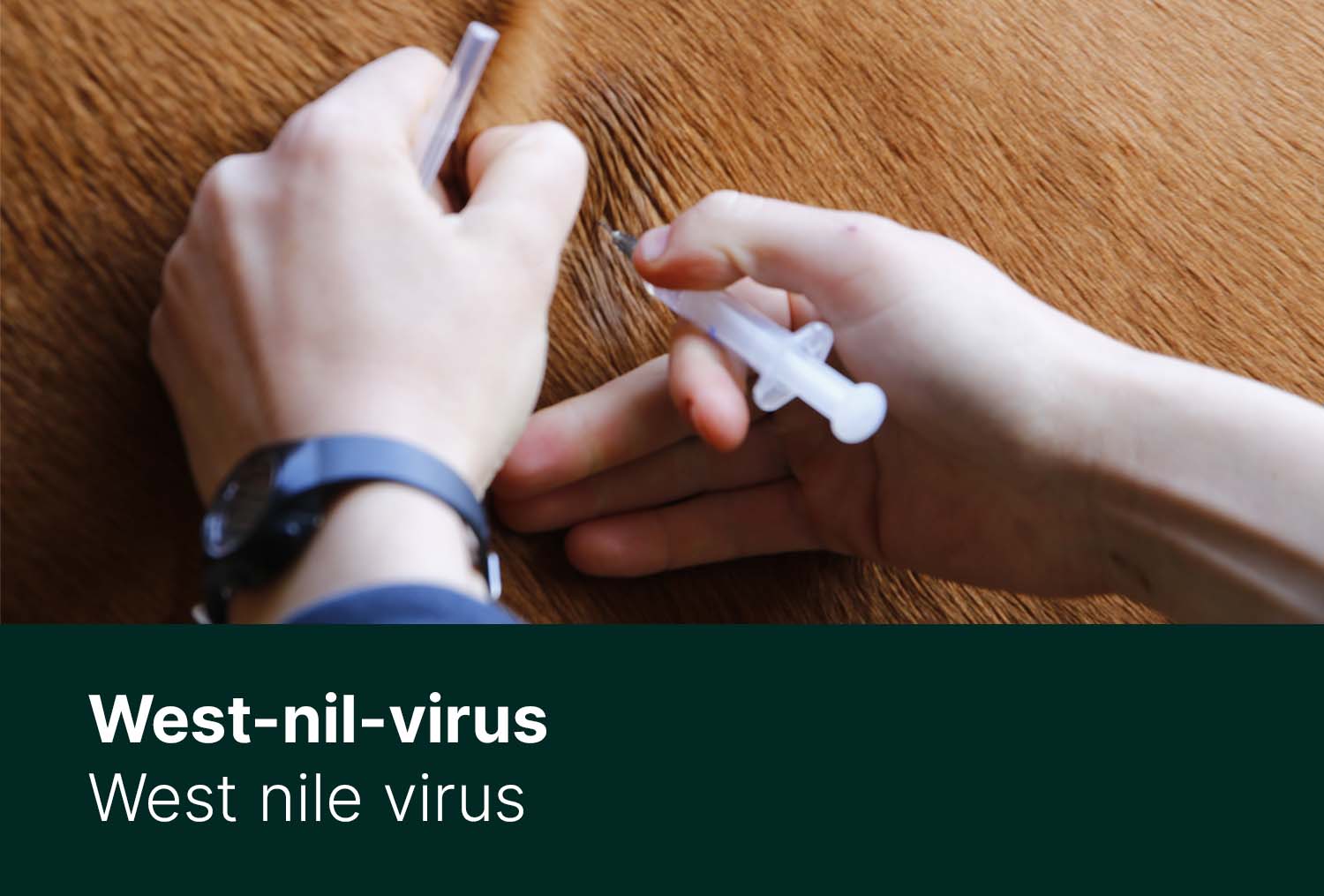Winter is a period of colds - for both people and horses. Although horses are generally extremely robust against external environmental influences, keeping, exercising and feeding can increase the risk of a disease immensely.
Immune System
The immune system of a healthy horse should be able to safely shield the organism against external environmental influences, bacteria and viruses. The immune system and the entire organism are so complex that the horse always has to be viewed holistically.
- Keeping
In addition to feeding and exercise, posture is one of the cornerstones of a healthy horse. There is a lot to consider, especially in winter, when most horses do not benefit from the daily paddock walk. This should create a possibility that the horses can move freely in winter and spend most of the day in the fresh air - attached paddocks or paddocks are ideal for this. The fresh air, free movement and social contact with other horses not only stimulate the metabolism, but also improve the horse's well-being, which can have a direct impact on health or susceptibility to viruses and bacteria. The climate in the barn should also match the outside climate if possible. It is advisable to regularly ventilate the stable and leave the windows on the boxes open. Heated drinkers prevent the water from freezing. The dust development is usually stronger in winter than in summer, as many riders and horse owners move inside to clean. The dust whipped up by pushing hay, straw, sweeping or even driving the hall also puts an additional strain on the horses' airways. In addition to the fresh air, light also plays a crucial role in building a healthy immune system. The organism needs enough light for an intact metabolism - so some vitamins cannot be absorbed without adequate light (vitamin D). In the best case, the pit time should be kept as short as possible in winter. Rain and snow also strengthen the immune system and make it more resistant to environmental influences. Of course, shorn horses should be covered. Drafts should be avoided during the time in the box. So rather open everything than just a window and a door..


- Movement
Respiratory diseases in particular are increasing rapidly in winter. The causes are mostly insufficient feed quality, dust and too little movement. The horse is a movement animal and requires sufficient movement to keep it healthy. Riding in the hall twice a week is enough with nieces. Freedom of movement outside in the herd or riding is much more important. This is the only way to strain the lungs and the horse can literally take a deep breath. This is crucial so that deposited dust can come loose. In winter, for example, it is often observed that horses cough up at the start of work. If there is no mucus, this is only a sign that the dust is loosening from the airways. Regular galloping in the fresh air is definitely recommended - the well-being and the immune system are increased, the lungs strengthened. Since the weather in winter usually does not play as you would like it to be, a corresponding change in training and when moving is important. As the saying goes: there is no bad weather, only bad clothes. The movement also stimulates the metabolism.

- Feeding
The feed and the feed quality also play a decisive role in keeping the horse healthy: with crib feed as well as with roughage. And the problem is mostly with roughage. The hay and straw have been stored for quite some time, and it is still a while until the next cut. Conversely, the longer roughage is stored, the worse the quality becomes: it loses nutrients and becomes dustier. In the event of fungal or mold infestation, the affected bales should be disposed of immediately, as the spores can damage the horse considerably. Many laboratories already offer very cheap hay, and straw analyzes. So when you get together in the community, you can play it safe. Since the fresh grass of the pasture falls away, the roughage ration should be adjusted accordingly. For the digestion to work well, the horse needs sufficient roughage. But the crib food should also be checked for quality. The amount and the composition have to be adapted to the needs of the horse. Because the horse absorbs fewer vitamins due to the lack of grass, an adjustment of the mineral feed is recommended. Many horses, in particular, have problems metabolizing zinc and are accordingly deficient. And zinc in particular as an immune mineral is particularly crucial for an intact immune system. If necessary, a blood count should be taken to check how well the horse is looked after or whether it is lacking something. Then you can take targeted action. To strengthen the immune system, the digestive tract and the respiratory tract, many herbal mixtures are already offered, which can have a positive effect on health. The herbs can either be mixed with the crib food or in mash. There are special pellet preparations for fickle horses. But also here it is important to be careful: An oversupply can be just as harmful as an undersupply. Another important aspect concerns water. Even in freezing temperatures, horses have an enormous need for water. So it should be checked daily whether the water on the paddock, winter paddock and in the box is neither iced nor dirty.











Mallenders and Thrush – Often a winter problem
Goodbye to boredom - Tips for Winter